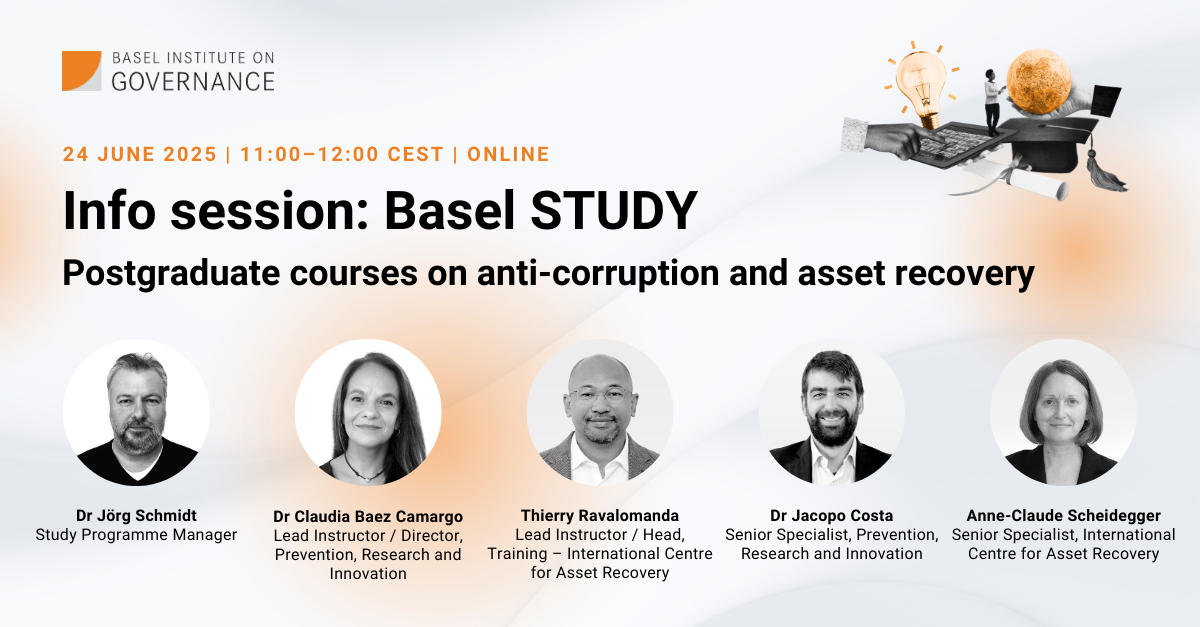How connecting anti-corruption and human rights can help both victims and businesses
A joint blog by Naomi Roht-Arriaza, Distinguished Professor of Law (emerita), University of California Law, and Lucie Binder, Senior Specialist, Governance and Integrity, Basel Institute on Governance.
Who are the real victims of corruption?
Traditionally, the answer has been “the state.” This stems from the fact that corruption typically involves the misuse of public office and the theft or diversion of public funds. In this legal framework, the state prosecutes the crime, claims the damage and receives any recovered assets.

